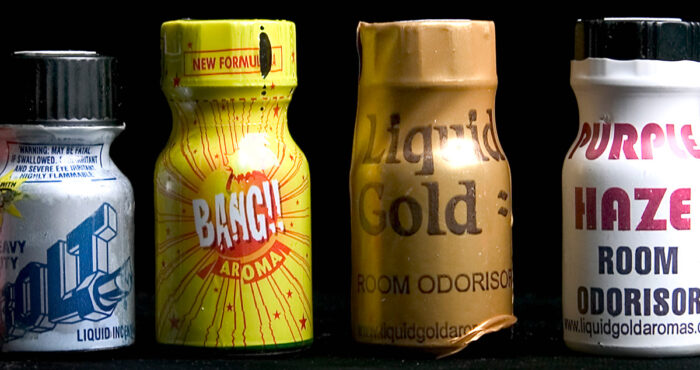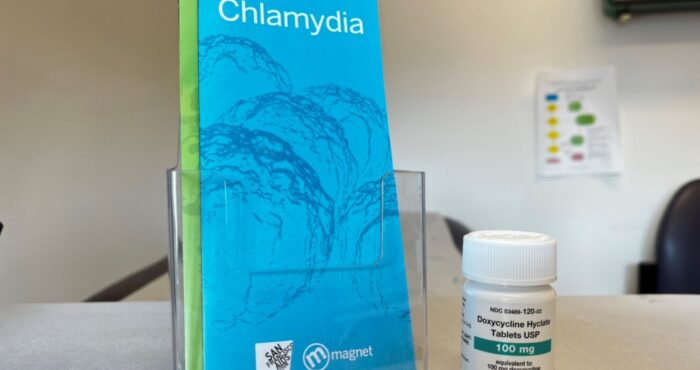“I’m a Top! How Did I Get Gonorrhea in My Butt?”
Although not reaching levels anywhere near to those seen in the 1970s and 1980s, the number of diagnosed gonorrhea cases in San Francisco has gone up in recent years. In 2014, there were 2,903 cases of gonorrhea among men compared to 1,657 in 2010—with gay, bisexual and other men who have sex with men experiencing a disproportionately higher infection rate. (Although increases in the number of cases may also be a result of more widespread testing, according to the 2014 San Francisco Department of Public Health Annual STD Report Summary.)
Anyone having sex is at risk of getting this pesky infection. What should gay men, specifically, know? BETA turned to Pierre-Cédric Crouch, PhD, ANP, the nursing director at Strut, to fill us in. Here’s what he had to say.
Gonorrhea is spread through touch—not semen or blood
Condoms do a good job of helping to prevent gonorrhea transmission. But they’re not 100%, and that’s because of how gonorrhea is spread. A gonorrhea infection is caused by the bacteria N. gonorrhoeae, which can infect the mucous surfaces of the urethra (in the penis), rectum (butt), cervix (connection between the vagina and uterus), and throat.
Gonorrhea is spread by coming into contact with an infected body part. That means you can transmit gonorrhea even if there’s no semen or blood exchanged during sex. If you have gonorrhea in your penis and you touch your penis and then finger your partner’s butt, you can give your partner gonorrhea in in their butt, for instance. I’ve seen people who say, “I’m a top! How did I get gonorrhea in my butt?” Maybe their partner put their fingers in their butt, or they shared a sex toy. You can get a rectal gonorrhea infection even if you don’t bottom. The infection can even spread from your penis to your butt because they are so close to each other. You can get or give gonorrhea through mutual masturbation. There are a lot of ways it can spread.

You might not have any symptoms
Oftentimes, rectal and throat infections are asymptomatic. That means you can walk around with a gonorrhea infection and not know it.
Infections of the cervix and urethra more often cause symptoms. If you have any pus coming out of your penis or it burns when you pee, you might have a urethral gonorrhea infection. If you have a gonorrhea infection in your butt, you might get discharge from your butt, anal itching, soreness or bleeding, or it may be painful when you go to the bathroom. But again, not everyone gets symptoms. That’s why we recommend that people who are having sex get tested regularly for STIs.
Your body might clear the infection on its own
People who get gonorrhea usually have it for maybe three to four months. Then usually, the body’s immune system is able to clear the infection. But that’s no reason to not get treated if you are—or think you might—be infected. Gonorrhea testing is quick and painless.
Don’t be ashamed!
STIs are a part of our world. If you’re having sex, you’re at risk, but don’t let fear rule your life. We recommend that gay men having sex get tested for STIs including gonorrhea every three months.
Make an appointment to see your provider if you need to get tested or treated for gonorrhea or another STI. At Strut, we provide sex-positive, non-judgmental service to all of our clients. Browse our website for more information, or stop by 470 Castro Street in San Francisco to access our services.










